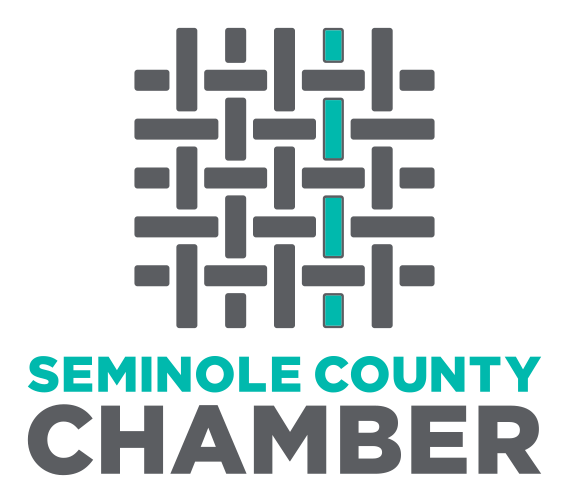Every business owner remembers the pride they felt when the ribbon was cut on their new office or new location. All their friends and family, along with the local mayor and the chamber of commerce, came by to congratulate the owner on their accomplishment.
Getting to that point was not always easy and getting that space was often complicated, filled with terms that are very well known to realtors and institutional investors but are not common to most people.
After all, the closest thing most people have had with leasing property is the apartment they rented or the short-term rental agreement they signed when moving.
Most residential leases are straightforward. You agree to a rent payment and to maintain the property inside the home, and pay for renters insurance and utilities. The rest is up to the landlord.
That is not the case with commercial real estate, where you can sign a “triple net” lease, an “absolute” lease, a “step-up” lease, a “gross” lease or a number of other types of leases.
It is important you work with an attorney at The Orlando Law Group to ensure you fully understand the ramifications of the lease you want to sign. Any type of lease has risk and reward and the attorneys at The Orlando Law Group can help you make the best decision for your business.
What are the different types of leases?
There are a multitude of types of leases, but it is important to understand the difference between the common types of commercial leases: single net, double net, triple net and absolute net leases.
In each of these types of leases, the difference is who pays what during the lease to operate and maintain the property. The most common of these leases is the triple net lease, where you will pay less on your lease payment, but more in the operations of your business.
In the triple net lease, your business will be responsible for utilities, taxes, janitorial, insurance, maintenance and much more. The payments will be bill separately and based on the percentage of space you lease in the building.
Sure, it sounds like a lot, but remember, the property owner took the risk in developing the property from leasing. As a user of the building, the thought is you will have responsibility in maintaining the property you are using.
If that sounds like too much to be responsible for, you can always look at a double net lease or a single net lease. These are not as common as they shift some of the responsibility to the property owner, but the owner may be amenable to those types of leases.
Read More
The Orlando Law Group
-
Jennifer Englert Schmitt President
- November 08, 2023
- (407) 512-4394
- Send Email



